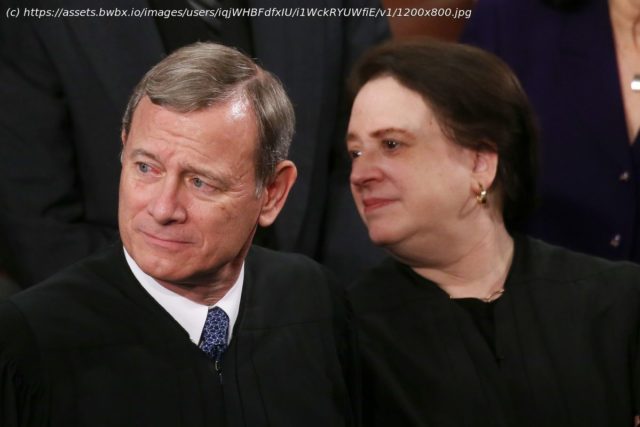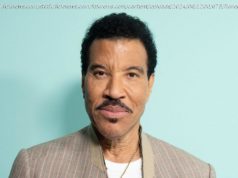The chief justice is a Burkean conservative, not a firebrand.
You might think this is a bad historical moment to give the president more power to boss around his subordinates. Chief Justice John Roberts disagrees. In a decision that counts as a modest win for the idea of a “unitary executive,” he has written an opinion for the Supreme Court holding that the president must have the power to fire the director of the Consumer Finance Protection Bureau for any reason.
The court didn’t strike down the CFPB as a whole, thankfully. The bureau can stay in place. And the court didn’t strike down the organizational form of other independent agencies, like the FTC or FCC, which are run by multi-member, bipartisan commissioners. Roberts limited the decision to the CFPB.
Roberts’s moderation here actually echoed his moderation in the Louisiana abortion case handed down today. The CFPB ruling was a moderate decision that conservatives will like, while the abortion decision is a moderate decision that liberals will like.
But both reflected Roberts’s commitment to cautious conservatism in the vein of Edmund Burke. He does not favor rapid change — whatever the court’s other conservatives may want.
In practice, so long as the CFPB is run by a single director, it can’t be independent in the sense of having its leadership insulated from the president. Either Congress will have to re-form the CFPB by creating a multi-member commission, or else the CFPB will cease to be independent.
The stakes of the decision, Seila Law v. CFPB, are particularly high because the case is essentially about whether and how the Constitution allows independent agencies to be shielded from presidential control. That matters when you have a president who has set out to politicize nearly every aspect of decisionmaking, including in areas, like criminal justice, where there is a robust tradition of independence.
The theory of agency independence has always been that there are some areas where we want the government decisionmaker to be protected from partisan, political influence.






